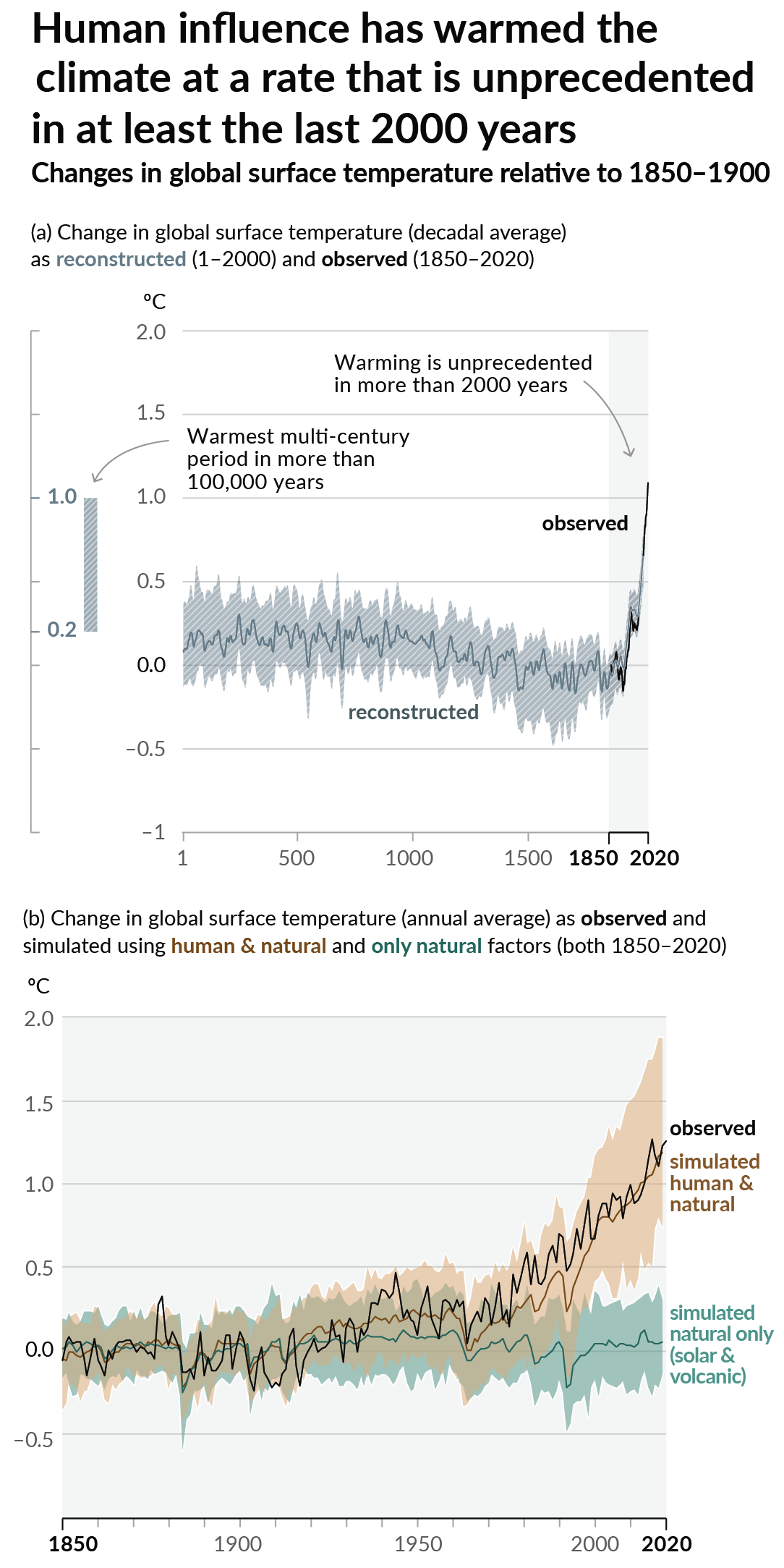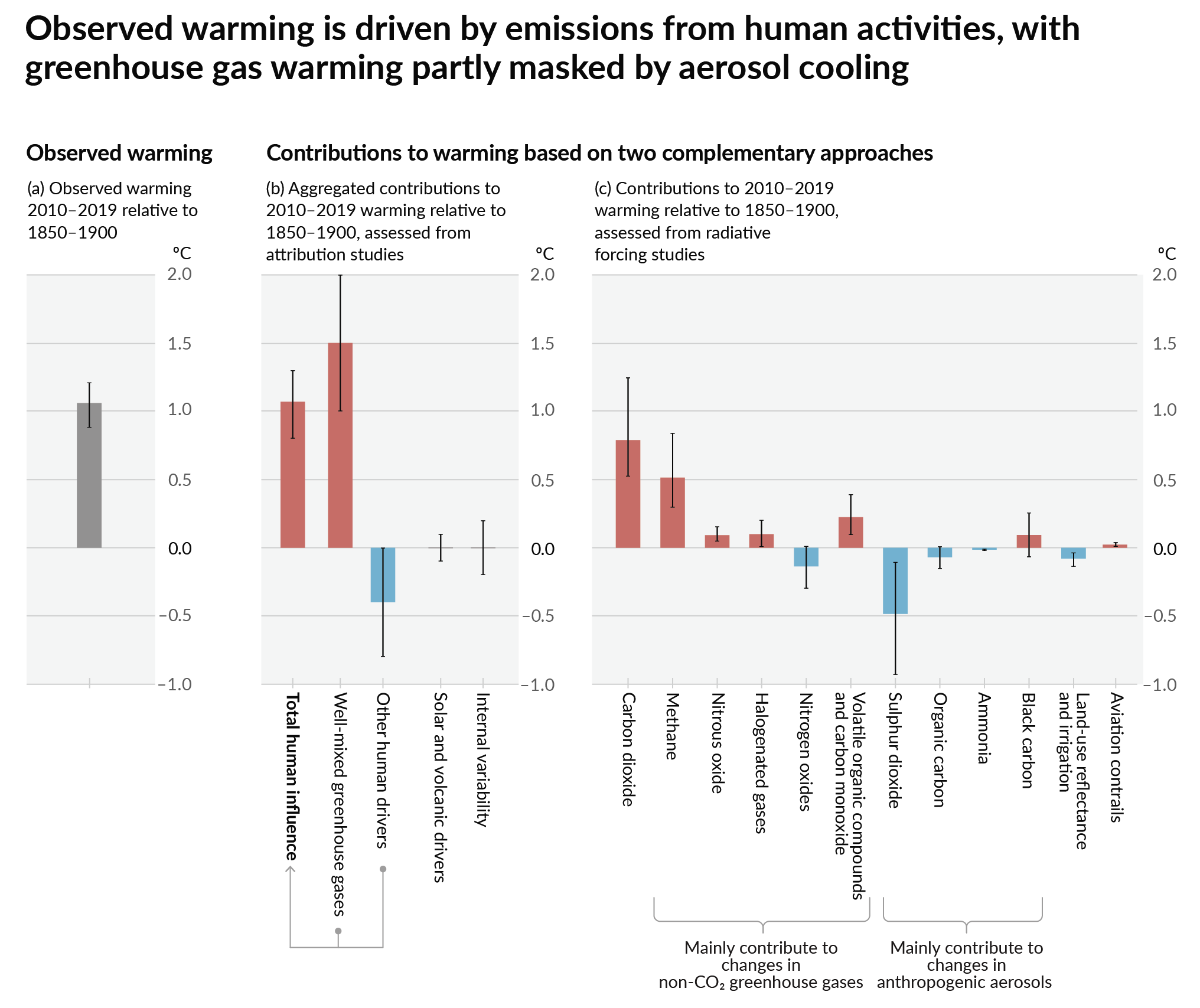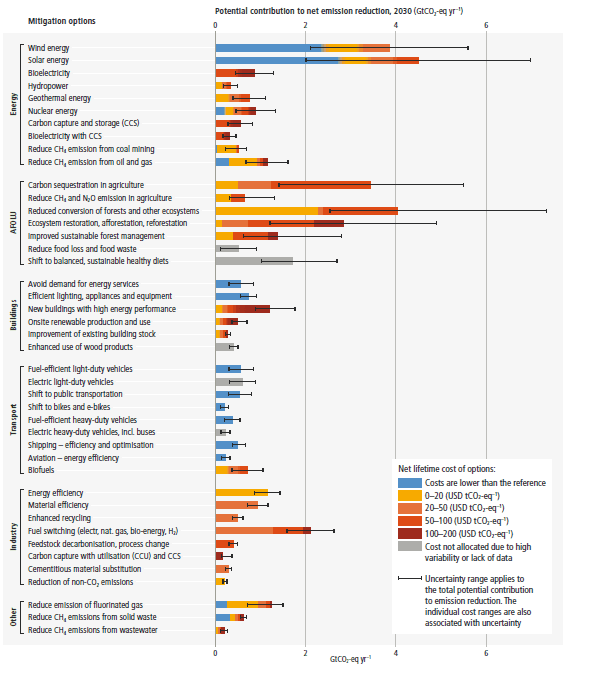74
Analysis: Record surge of clean energy in 2024 halts China’s CO2 rise - Carbon Brief
(www.carbonbrief.org)
Discussion of climate, how it is changing, activism around that, the politics, and the energy systems change we need in order to stabilize things.
As a starting point, the burning of fossil fuels, and to a lesser extent deforestation and release of methane are responsible for the warming in recent decades:

How much each change to the atmosphere has warmed the world:

Recommended actions to cut greenhouse gas emissions in the near future:

Anti-science, inactivism, and unsupported conspiracy theories are not ok here.
US reductions are based on
China's electricity consumption grew 8% last year. Typical since 2000. US electricity has been pretty stable since 2007.
emissions is a function of how much coal plants are used. Plan is likely backup power. OP reports less coal electricity use in 2024. More solar will reduce it more. Europe has declined fossil electricity by over 10% this year. China's growth is just extremely high, but they too will have large declines soon.
+1, but with the addendum that the next few years might not look good for the US.
It’s already hit oil companies hard, again massively ironic, heh. Especially if other countries tariff US oil… which I haven’t heard, but strategically is not a bad idea.
If the tariffs get high enough, it will just mean more American oil will be used domestically.
Your graph will make China look better when it includes 2024. The only thing you can control on energy mix is growth rate. Adding more fast enough. You should go easy on praise for US, as Ukraine war is both a massive emission increase, and scramble for new "good oil" supply developments, and deprioritization of global sustainability. The IRA, while better than nothing, is a scheme to protect monopoly profits using "climate change as a profitability/relevance economic engine" for the US market, and the solar/battery/EV tariffs designed to make actual progress as slow as possible.
The IRA was indeed a massive manufacturing development push for the US. It is politically popular to create manufacturing jobs. Pro oil, high interest rate, war policies undermined renewables, and many approved IRA projects were cancelled, because even with domestic credit monopoly incentives, the US is uncompetitive and a full supply chain plan doesn't work when giving each cog monopoly benefits where banking system doesn't buy in to sink projects. Zionist supremacist/ADL sides with oil oligarchy, and after Oct 7th sided with anti-woke, and DNC made sure most pro zionist candidate won. Israel needs the primacy of oil to continue.
Best part of it was green hydrogen subsidies for output. For $20B per year for 20 year cost, offering completed projects 2% financing, at government cost of 4% up to 100% of value, but based on revenue supporting accelerated repayment would allow for $1T of "revolving" projects. A carbon tax and dividend is the most effective climate policy that also reduces FF costs by shifting demand, as well as costing 0. Nationalizing oil industry, without shareholder compensation, is necessary to stop their lobbying/disinformation and priortization of war over national/human interests.
US politics favouring a war on China, and desperate attempts to diminish China, means pure stupidity meant to diminish humanity and prosperity including in the US. National security arguments for manufacturing don't apply to renewables. You have energy independence once you have the solar panels. If future energy expansion requires energy from the enemy you fabricated, you still have coal and oil wells. There is a much stronger national security argument for apparel which you need a steady supply of, if you will start a war on whole ASEAN block. Mild tariffs on China meant to have them invest in friendly US production without subsidies is counter to oligarchist war mongering/oil agenda of US rule, but the path to US/global prosperity. Divisive-sabotage democracy simply isn't working.
The very graph you posted indicates that the US needs to reduce their CO2 emissions by 1/3 to meet the per capita emissions of China, and a good part of China's energy consumption is producing goods that are used around the world. Their ratio of renewables to fossil is also increasing. Yes, that isn't helping climate change, and yes, it is improving the state of things for Chinese people, but don't pretend that a lot of this industry isn't directly driven by the lifestyles of people in the developed world.
It's easy to point fingers at them for doing what the developed world has been doing for most of the last 200 years.
Well, I could counter that point, which I already said was valid, but I already gave those points and you completely ignored them. Continue as you are, I'm sure it gives some relief from any feelings of responsibility for your actions and the carbon emitted to allow it.